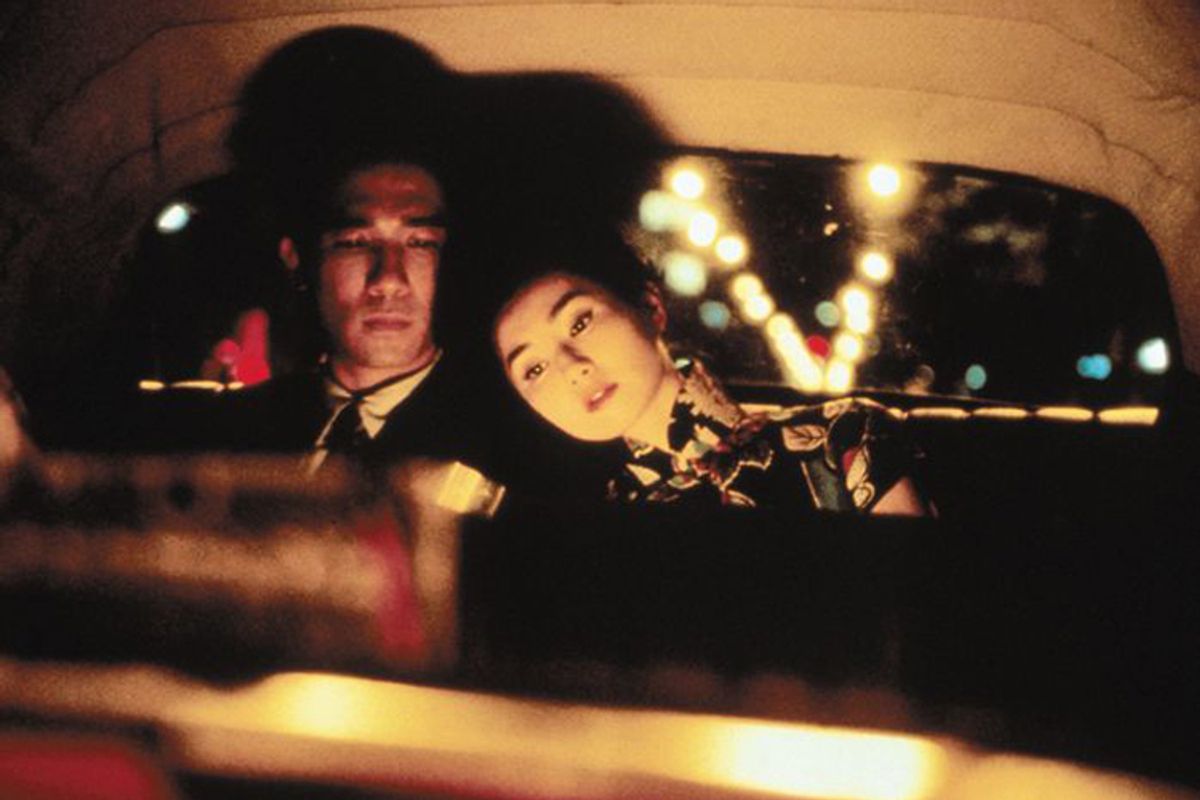Several of the decade's most beguiling cinematic risk takers flew well under the radar. Joanna Hogg's "Unrelated," warmly received in its native Britain, has yet to cross the Atlantic, although the writer-director's perceptive gaze at a "mature" woman's summertime fancy toward a young hedonist has "art-house hit" stamped all over its passport. Other expectation-defying films were openly jeered (Spike Lee's""She Hate Me," Woody Allen's "Anything Else") or were held captive by archaic copyright laws (Nina Paley's "Sita Sings the Blues").
But of all the masterworks denied their rightful place in the noonday sun of mainstream recognition, the one dearest to me is Rebecca Miller's "Ballad of Jack and Rose." By turns a frenetic comedy, a sun-dappled meditation on nature worship, and a poignant study of how hippie idealism sputters in a materialist world, "Ballad," above all, centers on the intimacies that develop in father-daughter relations given the absence of a mother figure. Miller handles the incest theme with great delicacy, hiding neither behind manufactured sentiment nor falsely ironic hipster posturing.
Daniel Day-Lewis and the radiant Camilla Belle, in the title roles, are so at ease with each other that, of course, we can see how Rose, at age 16, would still want her daddy to tell her bedtime stories. And yet, as they live out their lives as the last two inhabitants of a once-thriving commune on Canada's Prince Edward Island, the attraction between them — even if it isn't made sexual — seems perfectly natural and in keeping with the pull of the tides, with the rising and setting of the sun each day.
Although "There Will Be Blood" apologists might demur, the animus between Day-Lewis and Paul Dano (as a slacker punk who takes Rose's virginity) registers much stronger in Miller's film. The men have characters, not caricatures, to play this time around, and Day-Lewis' heated emotion — the emotion of a father wanting to safeguard his only child — has the ring of real life to it.
"The Ballad of Jack and Rose" was released early in 2005, the year that would later bring "Brokeback Mountain" and Terrence Malick's "New World." These three films form a kind of troika of impossible loves. Miller's work may not have received similar acclaim, yet, to borrow a phrase from James Dickey, her step on these heights is sure, and the view is exhilarating.
Film Salon has invited a group of special guests to write about their favorite film(s) of the 2000s. To read the entire series, go here.



Shares